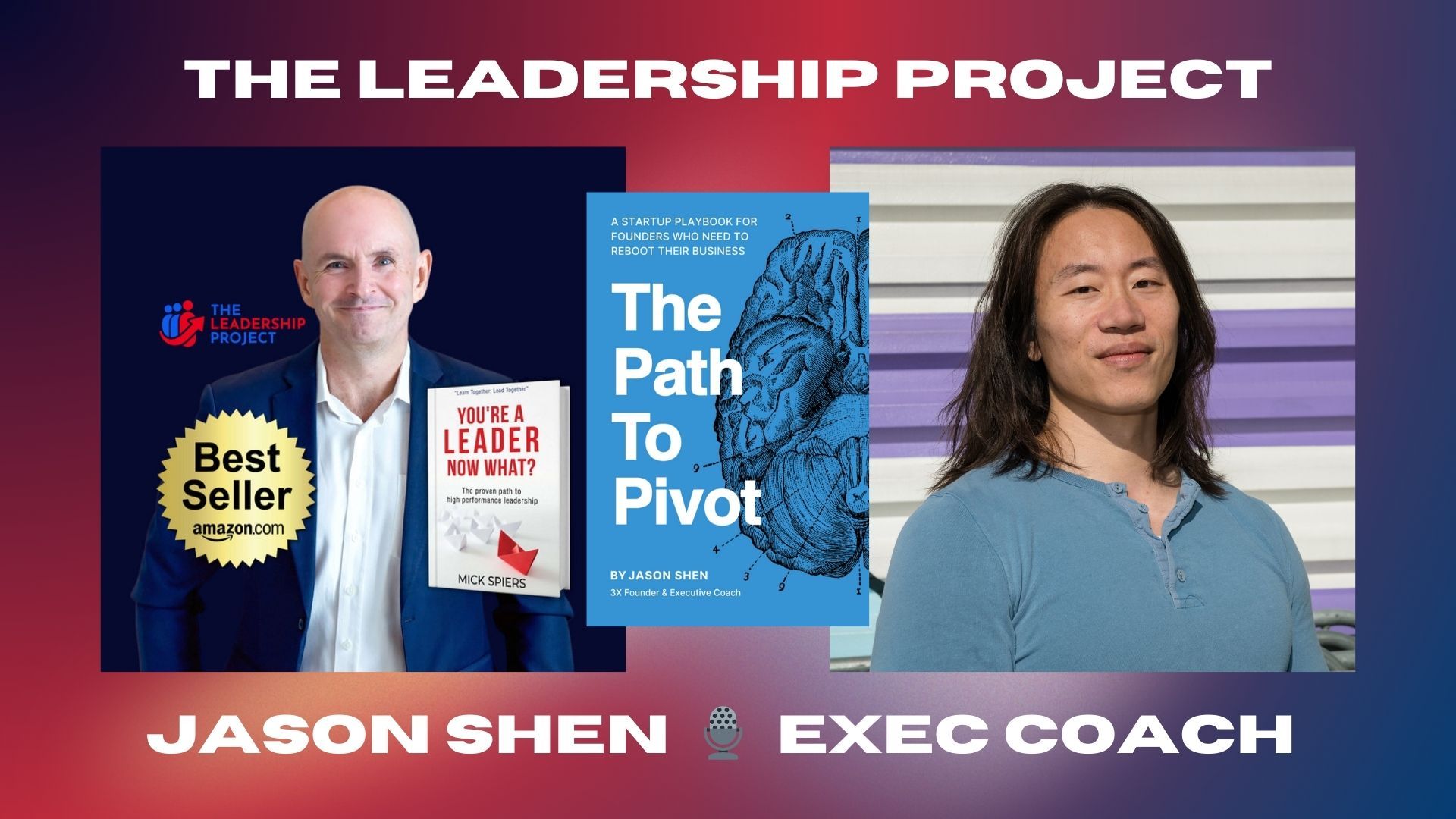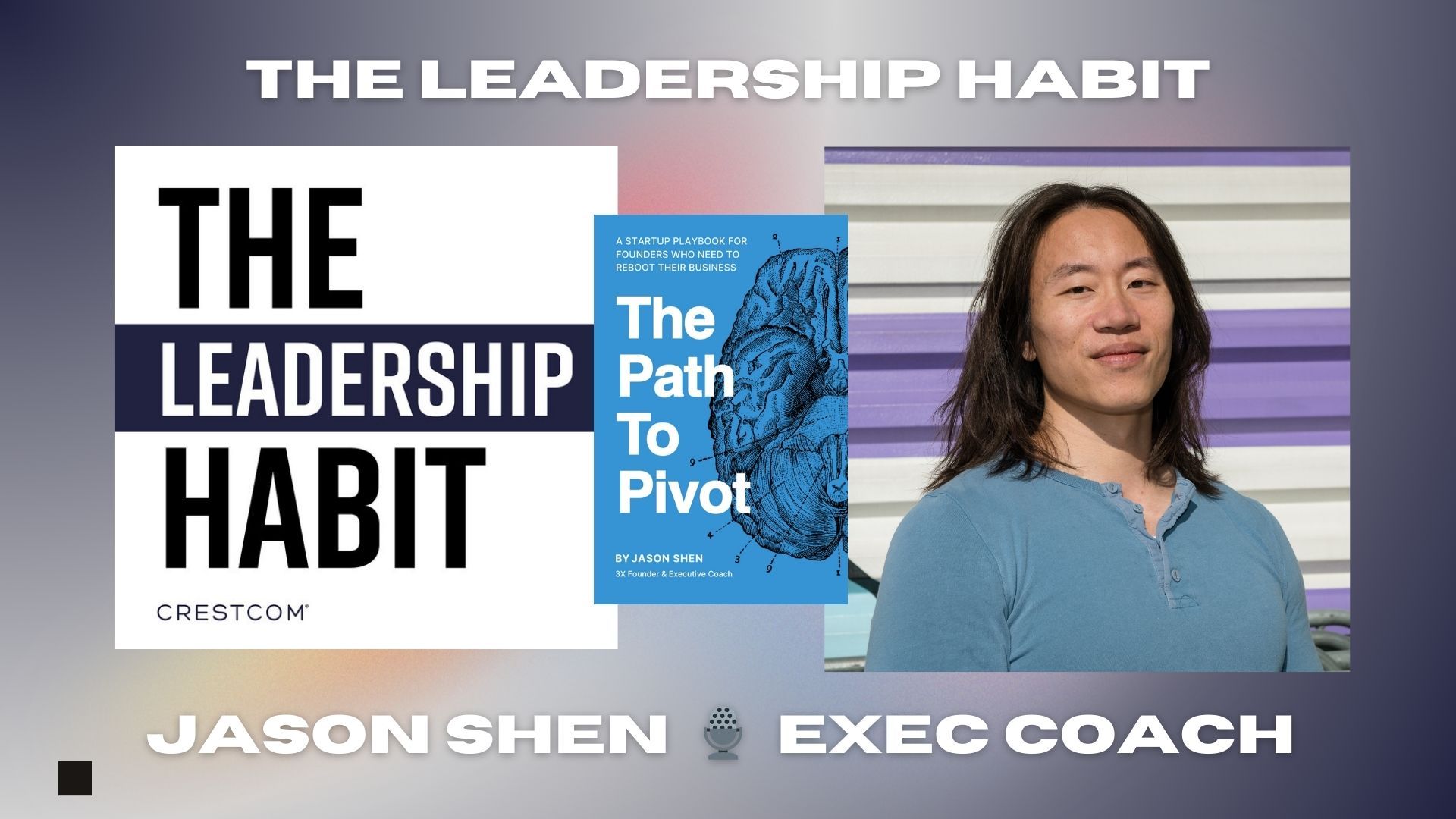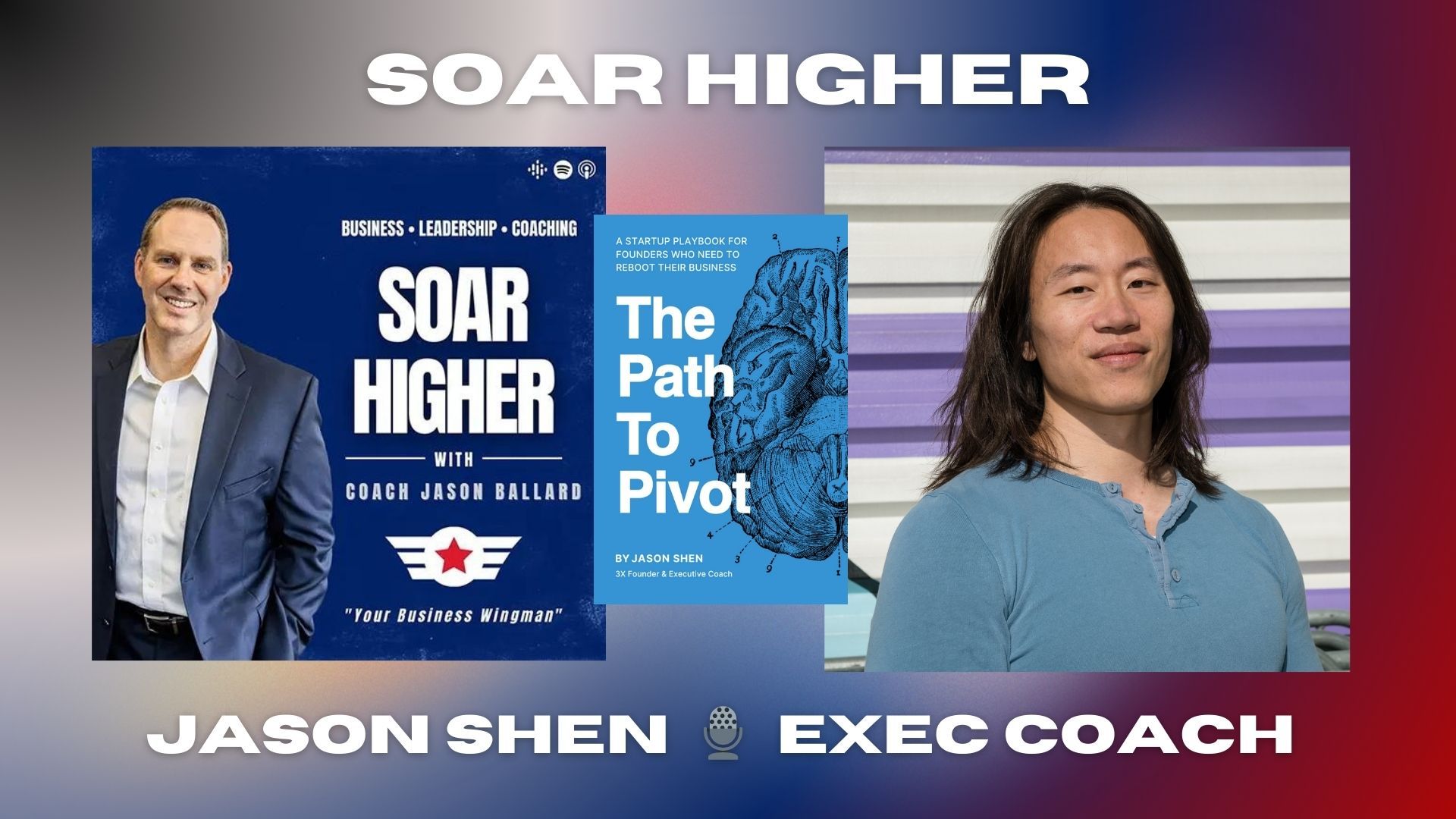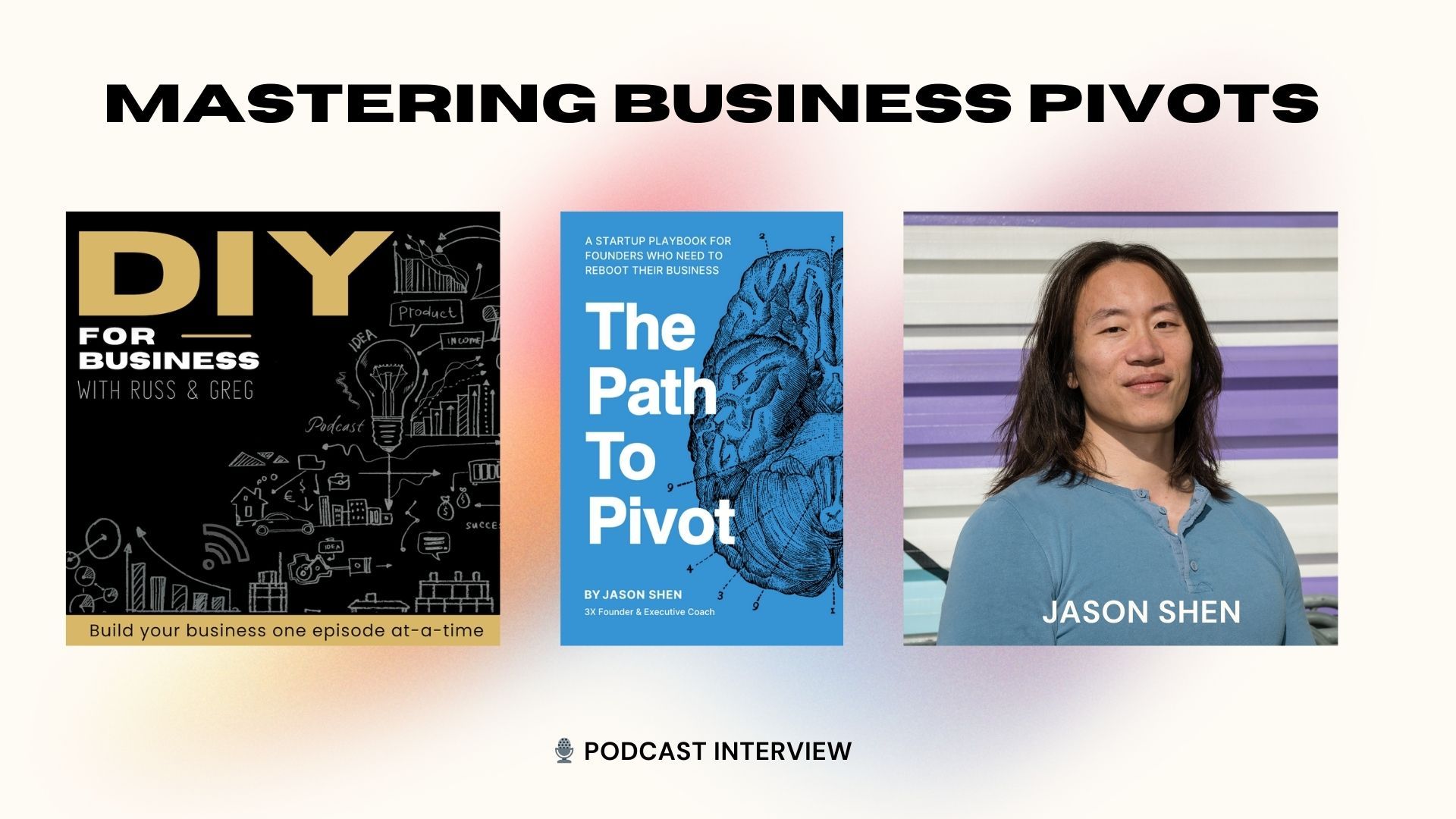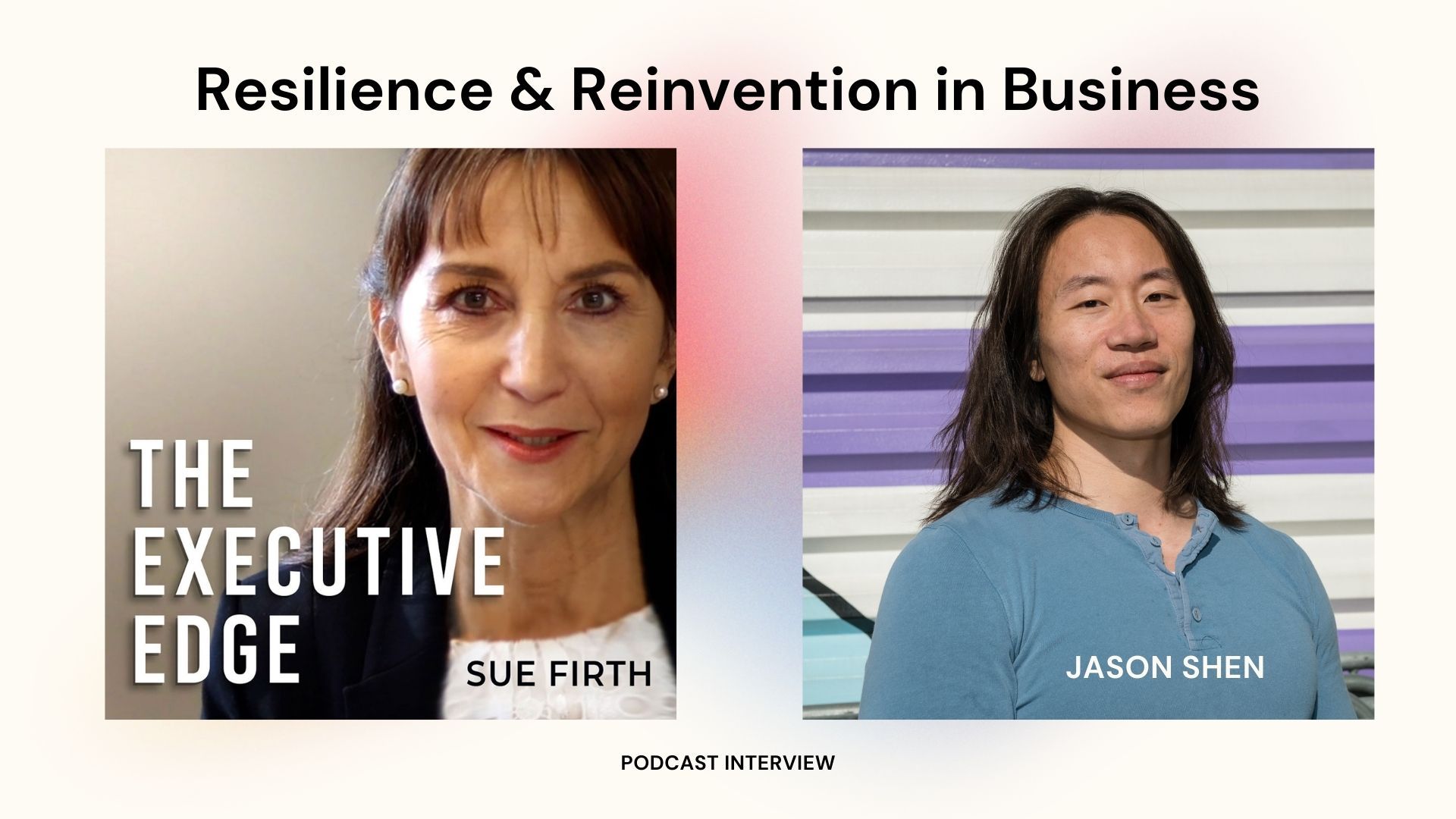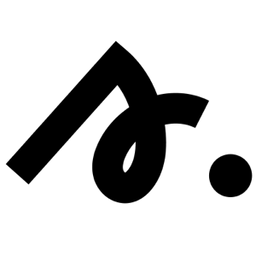I was put on my first (and only) PIP in Kindergarten.
"I am presently working with Jason on clearly defining limits and expectations in an effort to see if he is able to gain more control his actions"
A month into school, my teacher Mrs. Ward wrote up a 527 word progress report detailing my problematic behavior. It read like a performance improvement plan that was angling to put me into a special education class.
Here are some choice segments:
- "changes his activities frequently, often leaving areas before reaching some form of completion"
- "very impulsive" ... "acts quickly without regard for consequences"
- "in spite of a short attention span, he is able to quickly absorb new information and retain it easily"
- "really enjoys and cares a great deal for other children"
- "an exhausting child to work with"
- "presently working with Jason on clearly defining limits and expectations in an effort to see if he is able to gain more control his actions"
Luckily, my parents (who both work in education) recognized what was going on, and intervened with Mrs. Ward and the principal to explain my behavior and create a plan to support me.
I was diagnosed with ADHD and through a combination of efforts, was able to rein in some of the most troublesome behavior.
In the end, I made it through the PIP and got to stay in regular Kindergarten. My final report from Mrs. Ward had many more positive things to say:
Especially enjoys computer work, games and making things...has a wonderful curiosity and wants to explore everything...is a very social child and enjoys group activities with his classmates...attention span has improved as he has become more involved in projects and activities.
That said, she ended with a cautionary note, that I needed "structure, limits, and support controlling his activity level and behavior".
Boy that's still true. This set of traits have colored my experiences for the last three plus decades.
Being an Outlier
I've been playing with this term Outlier to describe a certain kind of person.
In statistics, an outlier sits outside of the normal distribution. My definition is that an Outlier is someone who finds themselves outside of the normal distribution on a meaningful number of dimensions.
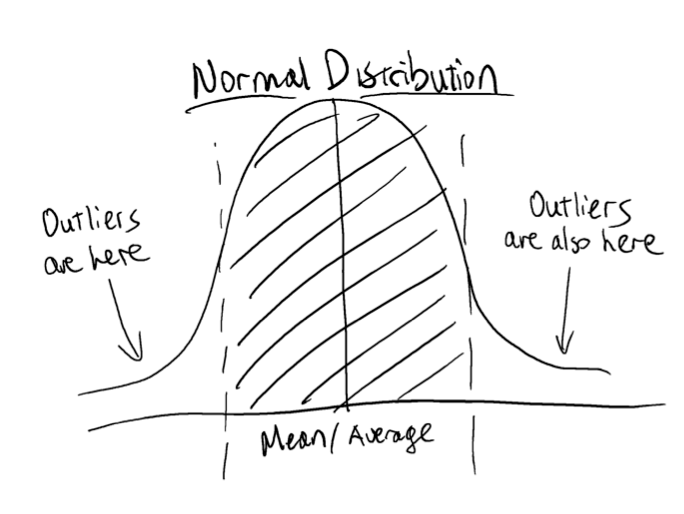
I'm using this term Outlier to describe people who have both remarkable abilities and meaningful deficiencies and a unique background and POV on the world—which means they often struggle to find belonging due to their differences.
You might guess that I'm talking about Outliers because I see myself as one.
My particular way of thinking and behaving has been both a remarkable asset, and a frustrating liability, starting from my Kindergarten PIP. My journey as a first generation immigrant, having Chinese parents who were not in STEM, being both a nerd and an athlete, all of it has shaped who I am.
I thin my wife Amanda is also an Outlier.
The daughter of immigrants growing up in Georgia, she went from neuroscience researcher to a designer / design strategist to an internationally celebrated artist. Yet having a front seat to that journey, I've seen her face enormous external pushback and exclusion by people who didn't understand or value her way of being, as well as experience a lot of internal judgement and frustration.
Aspects of the Outlier Experience
If I had to boil down the Outlier experience as simply as I could, I'd come to the following elements:
- 🎯 Outliers typically have remarkable abilities—Outliers are interesting because they're wired to be quickly become good at certain things. Understanding and improving technical systems. Being highly articulate and verbally proficient. Having tremendous visual, musical, or kinesthetic capacity. It could vary widely from person to person.
- 😰 Outliers tend to struggle in certain areas outside of their abilities—there will be normal skills or competencies where they struggle: difficulty with writing/language. Extreme shyness or emotional sensitivity. Trouble staying organized. Tardiness. This also varies (and is often the flip side or somehow the opposite of their abilities).
- 🌏 Outliers usually have a unconventional background—similar to our discussion on Dark Horses (#141), Outliers tend to have a different cultural, educational, or professional background to their peers. This leads to their having a unique POV and a distinct vision when it comes to the projects or ideas they come up with.
- 🥾 Outliers often experience a lack of community and belonging—due to their differences in ability and background, they often aren't accepted by their peers as easily. People are intimidated or resentful of their abilities, which might lead them to harp on their relative deficiencies and personal differences.
Note: some people might be familiar with the term "twice exceptional" and I think there's a modest overlap between this term and Outlier. But that is a term that has a specific meaning and I don't want to get caught up in semantics or definitions.
Advice for Outliers
So hopefully this letter is resonating with some of you, maybe a lot of you, who knows. I want to wrap up but if you think you might be an Outlier, I want to leave you with a couple of suggestions and ideas to maximize your potential and minimize your struggles:
- Make time to reflect and observe yourself and the world. When you are different, you need to really understand what comes easily to you and harder for everyone else, so you can leverage it to your advantage. And you need to be aware of what you struggle with, and look for ways to get the same results with perhaps a different tactic or approach.
- Communicate in a relatable fashion. Outliers have to work harder to build relationships with others and convey their ideas in a way that others will understand. But when you learn how to get your ideas across quickly and in a warm and friendly way, you'll have a much easier time navigating an organization or an institution.
- Cultivate the courage to act on your intentions and show vulnerability. I've talked before about Courage as the First Virtue (#139). Outliers need it more than most, because you face more risk. Risk that people won't accept you, that your ideas will fall on deaf ears, that you'll flub something important and disappoint others. But that risk is mitigated when you have allies—which are cultivated when you show vulnerability and spark trust and connection.
I know all of those things are easier said than done, but I wanted to wrap with something constructive and useful.
What did you think of this letter? Do you identify as an Outlier? Is this an area of writing that's worth exploring further?
I'd love to hear from you.
—Jason

Recent Issues


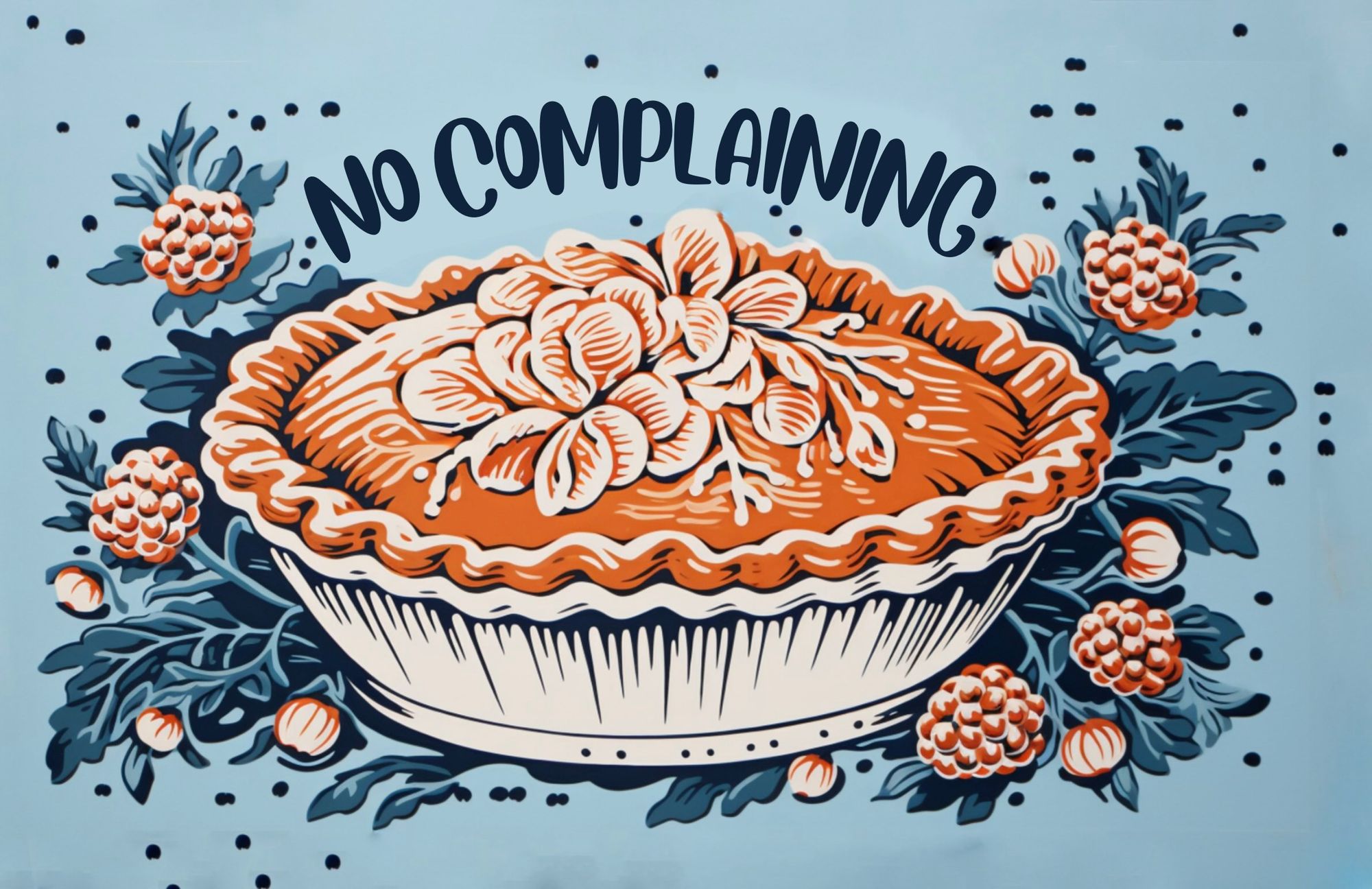
Recent Podcasts
